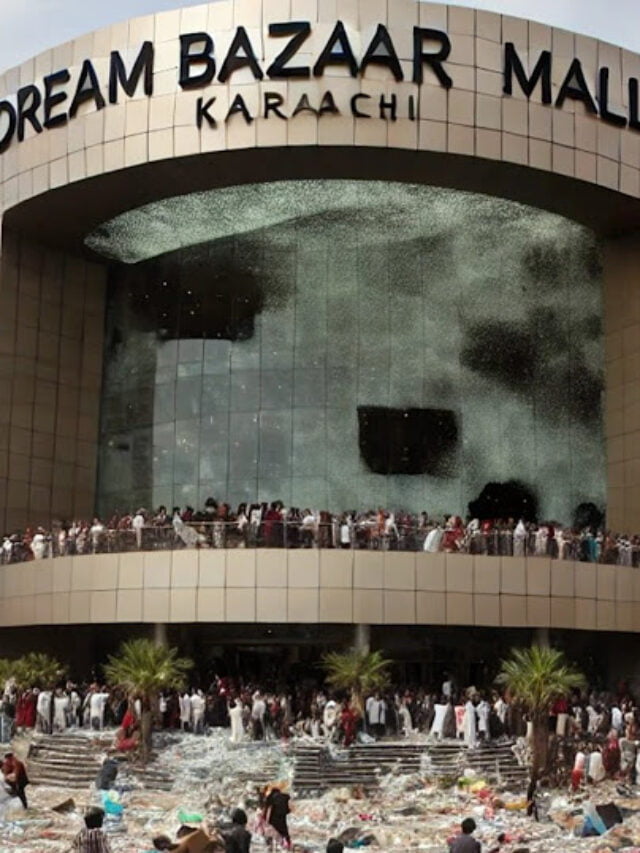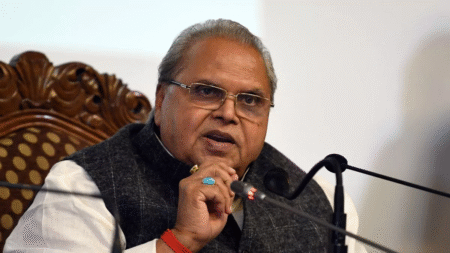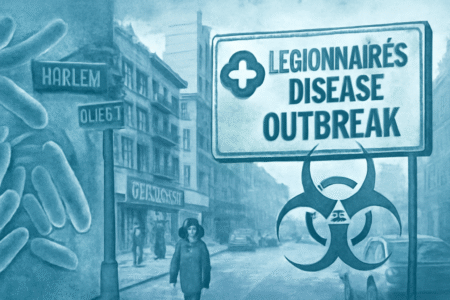Tensions between North and South Korea escalated further when North Korea demolished parts of an inter-Korean road, signaling a breakdown in cooperative efforts between the two countries. The road, part of a larger project aimed at fostering unity between North and South Korea, has been vital for communication and potential peaceful engagements since its construction.

South Korean officials condemned the act, viewing it as a deliberate provocation, while experts raise concerns about the future of inter-Korean relations.
Background and Significance
The destroyed road was part of a key infrastructural link between North and South Korea, designed to facilitate humanitarian aid, trade, and potential reunification efforts. Over the past two decades, such cross-border projects have been seen as symbolic steps toward peace on the Korean Peninsula, a region long divided by political tensions since the Korean War in the 1950s. The dismantling of this road is not merely a logistical setback but also reflects the growing strain between the two nations.
In recent years, efforts to ease tensions between the two countries have fluctuated. At times, North Korea’s willingness to engage in talks and diplomacy has led to temporary easing of border controls and cooperation in various sectors, including transportation and health. However, rising geopolitical tensions, particularly over North Korea’s missile and nuclear tests, have made it increasingly difficult to sustain meaningful progress.
Reasons Behind the Demolition
North Korea’s decision to demolish the road has been linked to its desire to assert control and signal its disapproval of South Korea’s alliances, particularly with the United States. South Korea’s growing defense partnerships with the U.S. have often been a sore point for North Korea, with Pyongyang frequently viewing these ties as a threat to its sovereignty.
Experts speculate that North Korea’s latest move may also be part of a broader strategy to demonstrate its military and political strength amid ongoing sanctions. By dismantling the road, North Korea sends a clear message that it is willing to jeopardize any goodwill gestures if its demands and concerns aren’t met on the international stage. Furthermore, the demolition could be intended to test South Korea’s response and force it into a defensive posture.
Global and Regional Reactions
The international community reacted swiftly, with South Korea expressing disappointment and alarm. Government officials in Seoul emphasized that the road was an important symbol of inter-Korean cooperation and described its destruction as a regressive move that threatens regional stability.
The United States, a key ally of South Korea, has yet to issue a formal statement but is closely monitoring the situation. Many expect the U.S. to increase diplomatic pressure on North Korea to halt further aggressive actions and reopen channels of communication. At the same time, China, North Korea’s most significant trade partner and ally, may play a pivotal role in de-escalating the situation, though it remains cautious about public involvement in North-South disputes.
Also Read : Columbus Day and Indigenous Peoples’ Day: What’s Closed on the Holiday
Japan, too, has voiced concerns over the destruction of the road, noting that this act could exacerbate tensions in the region, particularly given North Korea’s recent history of missile launches over Japanese airspace. The incident also casts a shadow over future diplomatic efforts between the two Koreas, which have long struggled to find common ground on key political and military issues.
Implications for Inter-Korean Relations
The destruction of the inter-Korean road could signify a turning point in relations between the two Koreas. For South Korea, the move is an affront to its ongoing efforts to maintain diplomatic relations despite growing challenges. While the road itself may be a minor logistical project, its symbolic importance cannot be understated. The act raises the question of whether North Korea is willing to commit to peaceful engagement or if it plans to further distance itself from the South.
For North Korea, the destruction may be a calculated risk, designed to force South Korea and its allies into addressing Pyongyang’s grievances. However, this approach could backfire if it results in further isolation or harsher international sanctions. The road demolition also complicates future peace talks, making it harder for both sides to trust each other and invest in cooperative projects.
The humanitarian consequences of this action are also significant. The road had been used for sending aid and facilitating cross-border reunions of families separated by the Korean War. With its destruction, such efforts will be hindered, likely leading to increased suffering for citizens who rely on these services.
Conclusion
North Korea’s destruction of the inter-Korean road marks a significant setback in efforts to foster cooperation and peace on the Korean Peninsula. As tensions rise, the path to meaningful dialogue between the two countries appears more challenging than ever. For now, the focus will be on how South Korea, the United States, and other key players respond to this provocation, and whether any diplomatic channels can be salvaged in the face of growing hostility.
FAQs
- What is the significance of the inter-Korean road?
The road was a symbol of cooperation between North and South Korea, facilitating humanitarian aid and communication. - Why did North Korea destroy the road?
North Korea likely destroyed the road to assert its political control and demonstrate disapproval of South Korea’s alliances with the U.S. - How has South Korea responded?
South Korea has expressed disappointment and called the destruction a regressive move, threatening peace efforts. - What are the global reactions?
The U.S., Japan, and other international actors have voiced concerns, with many expecting increased diplomatic pressure on North Korea. - What are the potential humanitarian consequences?
The destruction of the road could hinder humanitarian efforts, particularly cross-border family reunions and aid deliveries. - What does this mean for future inter-Korean relations?
The act may complicate future peace talks and deepen distrust between the two nations, making diplomatic solutions more difficult.
- Influencer like elvish yadav, raftaar, karan aujhla distroying indian youth Fueling India’s Online Gambling
- How to Stay Healthy During Flu Essential Tips for Every Family
- Satyapal Malik Death on 5 Aug 2025: Political Legacy That Shaped Indian Public Life
- Growing Legionnaires’ Disease Outbreak in NYC’s Harlem Claims Two Lives, Sickens Over 58
- Non-Alcoholic Drink Beer: fresh Alternative with a Unique Appeal
- Meet the Harley-Davidson X440: The Ultimate Desi Roadster













